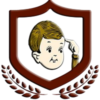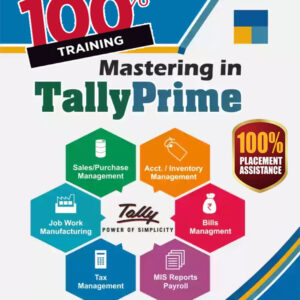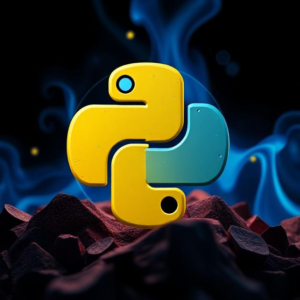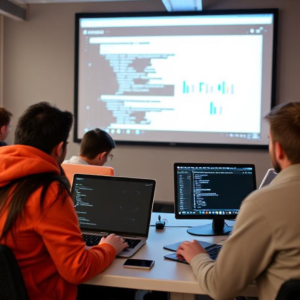Description
A typical C++ syllabus covers fundamental programming concepts, object-oriented programming principles, and advanced topics like memory management, exception handling, and file handling.
Here’s a more detailed breakdown of what a C++ syllabus might include:
Fundamentals:
-
- Introduction to C++: Basics of the language, syntax, and structure.
- Data Types: Understanding different data types (integers, floats, booleans, etc.).
- Variables and Operators: Declaring variables, assigning values, and using operators.
- Input/Output: Using
cinandcoutfor taking input and displaying output.
- Control Structures:
if,else,switch,for,whileloops for controlling program flow.
- Arrays: Storing and accessing collections of data.
- Pointers: Understanding memory addresses and using pointers to manipulate data.
- Functions: Creating reusable blocks of code.
- Strings: Working with text data.
Object-Oriented Programming (OOP):
- Classes and Objects: Creating custom data types and objects.
- Constructors and Destructors: Special functions for object creation and destruction.
- Inheritance: Creating new classes based on existing ones.
- Polymorphism: Enabling objects of different classes to be treated as objects of a common type.
- Encapsulation: Hiding data and implementation details within a class.
- Access Modifiers: Controlling access to class members.
- Operator Overloading: Redefining the behavior of operators for custom types.
Advanced Topics:
- Dynamic Memory Management: Allocating and deallocating memory during program execution.
- Templates: Creating generic functions and classes.
- Exception Handling: Handling errors and unexpected situations.
- File Handling: Reading and writing data to files.
- Standard Template Library (STL): Using pre-built data structures and algorithms (vectors, lists, maps, etc.).
- Multithreading (Optional): Creating and managing multiple threads of execution.
- Networking (Optional): Developing programs that communicate over a network.






Reviews
There are no reviews yet.